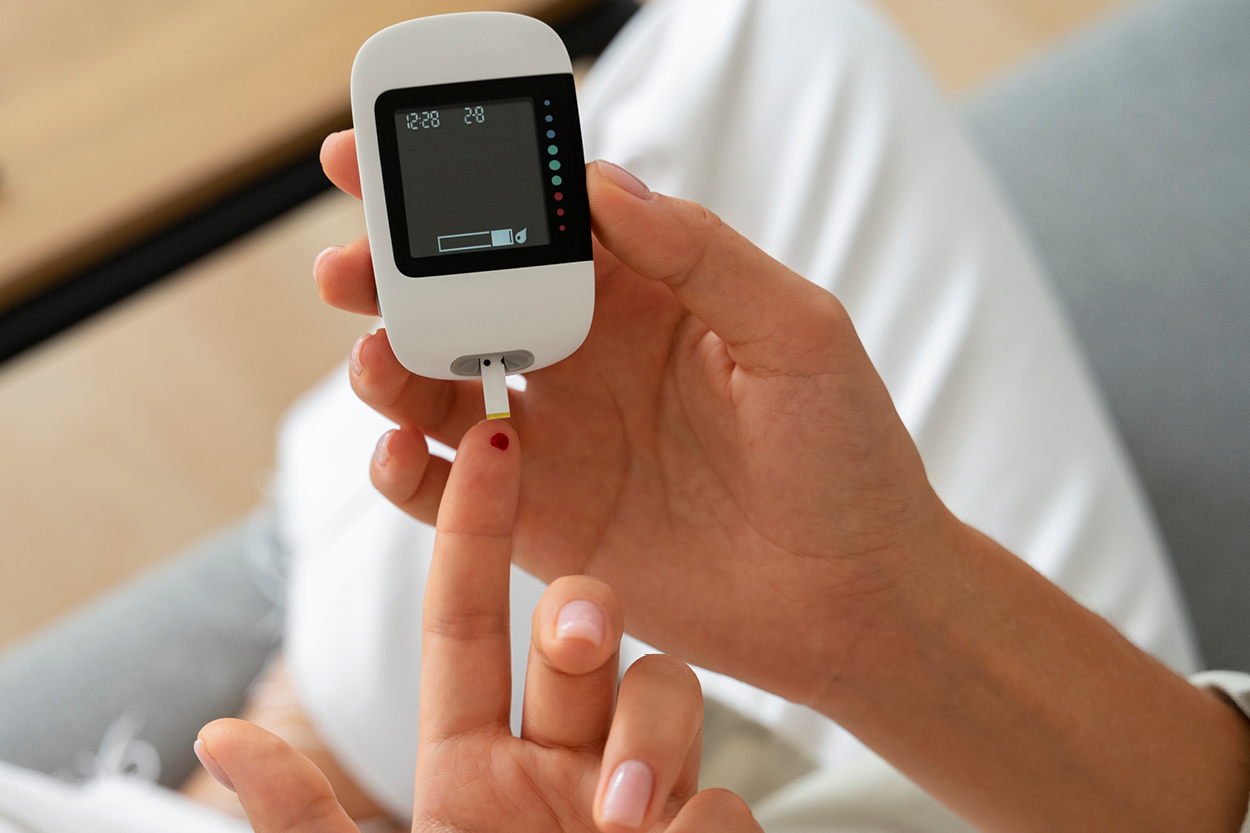Did you know that diabetes can affect your bladder and kidneys? While most people think of diabetes as a blood sugar imbalance, it can also impact your urinary and sexual health in ways you might not expect.
When you have diabetes, your body struggles to control blood sugar levels. Over time, high blood sugar can damage nerves and blood vessels throughout your body, including those that control your bladder, kidneys, and urinary function. This damage happens gradually, which is why it's important to understand the warning signs.
Your kidneys work hard to filter your blood and remove waste. When blood sugar levels remain high, your kidneys must work harder, which can strain them further and cause damage. This is called diabetic kidney disease. In the early stages, you might not notice any symptoms. As this condition progresses, you may feel tired more often, notice swelling in your legs or feet, have trouble concentrating, or see changes in how often you urinate. If left untreated, kidney disease can become serious and require dialysis or a kidney transplant.
How Diabetes Affects Your Bladder
High blood sugar can damage the nerves that tell you when your bladder is full or help you empty it completely. This nerve damage means you might not feel the urge to urinate until your bladder is uncomfortably full, or you might have trouble fully emptying your bladder all the way. Either situation can cause urine to sit in your bladder longer than it should.
Urinary Tract Infections and Other Infections
When urine stays in your bladder too long, it creates the perfect environment for bacteria to grow. This is one reason why people with diabetes get urinary tract infections more often. But another factor is at play: high blood sugar weakens your body's ability to fight bacteria. In addition, when sugar is present in your urine, it actually feeds the bacteria and helps them multiply faster. Both men and women with diabetes are more susceptible to UTIs for these reasons. Women with diabetes might also notice they're getting more yeast infections, which is due to the same factors.
Sexual Health Concerns
For men with diabetes, erectile dysfunction becomes more common. When blood sugar stays elevated, it can affect the blood vessels and nerves needed for healthy erections. Men with diabetes are two to three times more likely to experience erectile dysfunction than men without diabetes.
Taking Care of Your Urological Health
The good news is that you can protect your urological health. Maintaining a healthy blood sugar level is the most crucial thing you can do. Work with your doctor to find the right combination of medication, healthy eating, and physical activity that works for you. Drinking plenty of water helps your kidneys stay healthy and can prevent infections.
Don't skip your regular check-ups, and be open with your doctor about any changes you notice with urination, bladder control, or sexual function. We know these topics can feel uncomfortable to discuss, but they're an important part of your overall health.
At Astera Urology, we work with diabetes patients every day and understand the concerns you're facing. If you're noticing any of these changes or just want to talk about prevention, we'd be happy to see you. Schedule an appointment with our team to learn more about protecting your urological health.
published: Oct. 30, 2025, 3:35 p.m.

